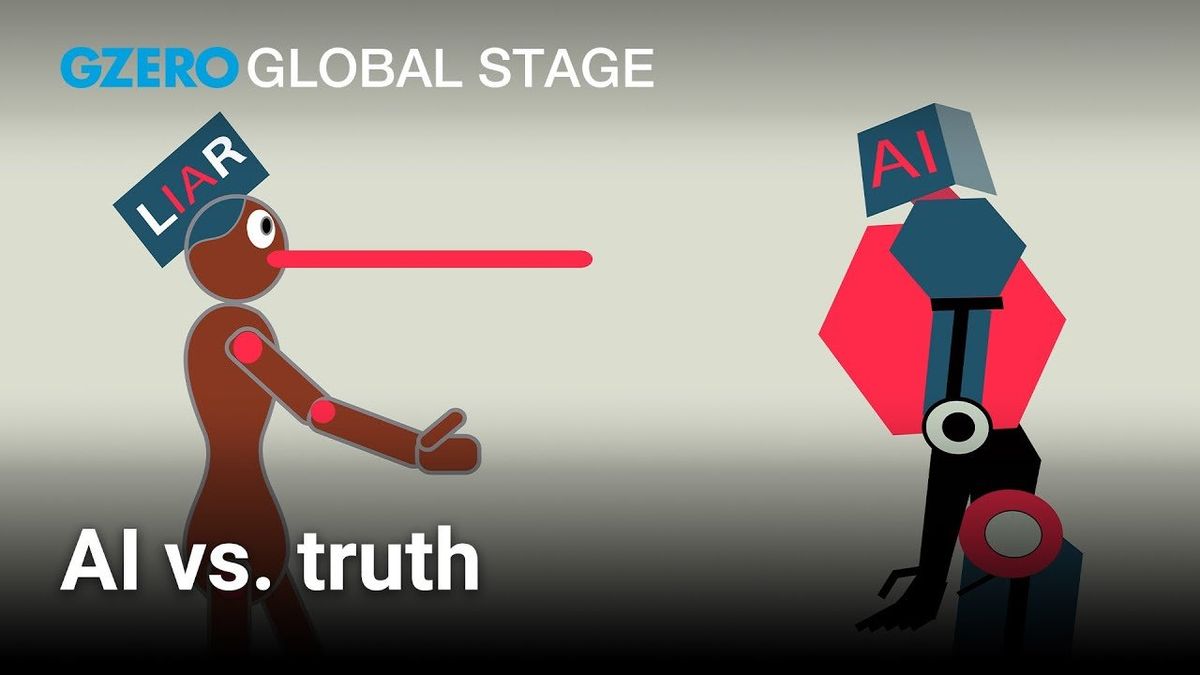With nearly half of the globe heading to the polls this year amid lightning-speed developments in generative AI, fears are running rampant over tech-driven disinformation campaigns.
During a Global Stage panel at the Munich Security Conference, Bulgarian politician and European Parliament member Eva Maydell said she fears we will soon be unable to separate fact from deepfake fiction.
While acknowledging the important developments AI and emerging tech offer, Maydell warned that we also “need to be very sober” about how they are threatening the “very fabric of our democratic societies” and eroding trust.
While the EU is trying to push voluntary measures and legislative proposals, Maydell points out that political conversations often revolve around the sense that “we'll probably never be as good as those that are trying to deceive society.”
“But you still have to give it a try, and you need to do it in a very prepared way,” she adds.
Watch the full conversation: How to protect elections in the age of AI
Watch more Global Stage coverage on the 2024 Munich Security Conference.
- How to protect elections in the age of AI ›
- How AI and deepfakes are being used for malicious reasons ›
- Deepfakes on are on the campaign trail too ›
- Taylor Swift AI images & the rise of the deepfakes problem ›
- Deepfakes are ‘fraud,’ says Microsoft's Brad Smith ›
- Combating AI deepfakes in elections through a new tech accord ›
- Protect free media in democracies, urges Estonia's former president Kersti Kaljulaid - GZERO Media ›

















